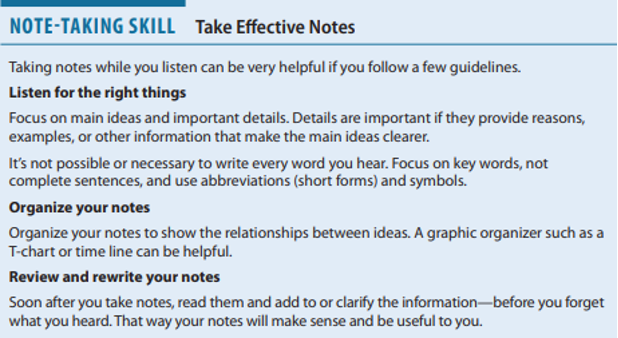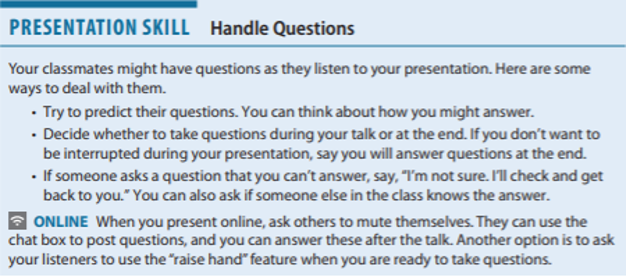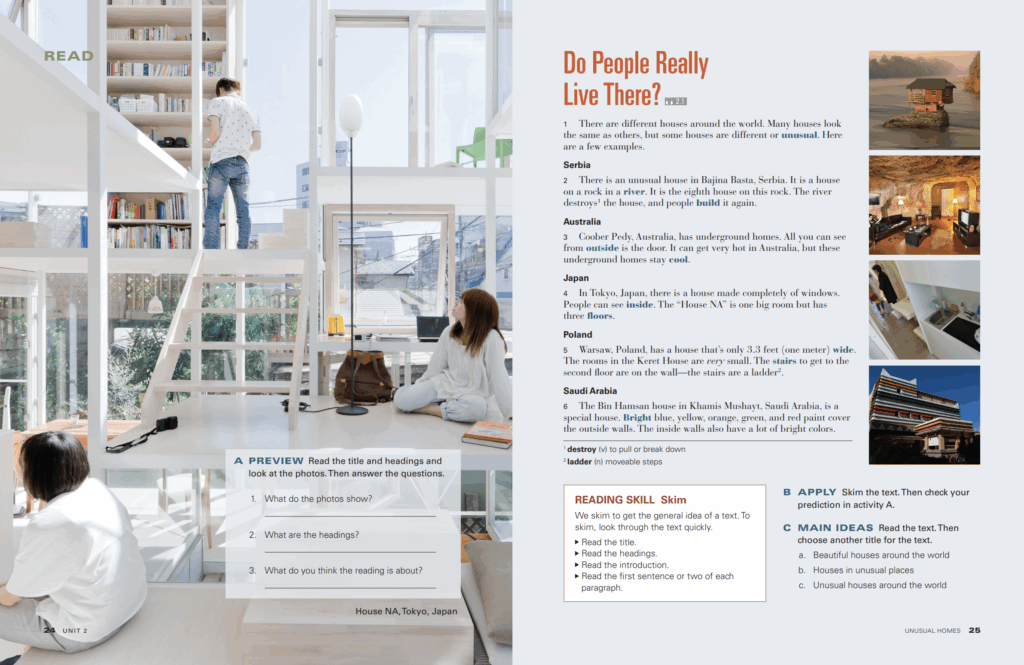To many teachers, the term ‘Academic English’ can be confusing. After all, most of us trained to teach ‘General English’, and the idea of teaching English which is ‘academic’ and perhaps more complicated may not appeal. However, because there is a rising need for students to be adequately prepared for their university studies, more General English courses feature content normally set aside for academic purposes.
Many university students, aged 18 and above, are in Academic English courses. In addition, more high schools are introducing courses for students aged 16 and above to prepare them for future academic studies. This means that — whether they feel qualified or not — teachers are balancing the content of their General English lessons with the expectations of Academic English.
Some teachers are concerned about teaching Academic English because they believe that Academic English is the absolute opposite of General English. In fact, we should probably view General and Academic English on a gradual scale. Here are four ways in which they are a little different — and also very similar.
1. Subjects and topics
When designing a syllabus for an academic English course, one of your first questions is, “What subjects will my students be studying at university?” Will they be science-based? Or subjects related to the arts and humanities? Perhaps, their degree will be in areas such as business and economics. Early in their academic studies, many students are still working out the path(s) they intend to follow. By necessity, Academic English courses have to be quite broad in their range of subject matter, meaning the list of topics is often similar to those in a general course — at least for students aged 16-18. For example, the unit topic of ‘Travel’ in General English might have more of a specific focus in an academic course, such as ‘Sustainable Cities’.

2. Vocabulary
In General English, we are familiar with wordlists categorized by CEFR levels which students need to know. In addition, there is the academic wordlist of 570 words which appear frequently in academic texts. These may include words that your General English students already know (e.g. conclude, analyze, refer to, etc.) but which they tend to use less often in their studies. So the vocabulary we may teach is not necessarily a list of completely new words, but we may need to shift the emphasis from teaching level-based lexical sets to teaching words which have higher frequency in academic studies.
3. Skills
In General English, we talk about the four skills — reading, writing, listening, and speaking. These are still important in Academic English courses, but it’s also important to think about the skills students will need to succeed in their future studies. For example, note-taking in a lecture combines the skills of listening, writing, and possibly reading. Another academic skill is presenting in groups. Students will need to learn some useful phrases for this and have the chance to work with their peers. Notice how both these skills — note-taking and presenting — are useful for both academic studies and future careers. Integrating them alongside General English skills makes a lot of sense.


4. Fun and engagement
Finally, some teachers feel that teaching Academic English will be serious and much less ‘fun’ than general English. This certainly doesn’t have to be the case. In either classroom context, you can do a quick revision quiz at the beginning or play a short video to capture interest. And when you bring slightly more academic texts with real-world topics into the General English classroom, such as the text on unusual homes shown below, you appeal to students’ intelligence and desire to talk about meaningful topics. This can raise student engagement levels even higher than normal.

An invitation to have your say
I’d like to invite you to respond to the issues presented in this post by filling out a brief survey. We might even include some of your responses and address your concerns in future blog posts.




I still remember when a friend was asking me to help him identify academic words from a reading text in the textbook. At that time, I was puzzled about what was an academic word because I was familiar with English words in general, but not necessarily academic words. I read the text, and I was trying my best to figure out what academic words were presented in the reading. After that incident, I got interested in exploring what academic words were referring to. I started searching about the academic word lists (Coxhead, 2000) and ended up conducting research exploring the lists in MA theses written by graduate students who spoke Arabic as their first language. I presented the session at the TESOL 2019 Convention in Atlanta, Georgia, USA. Carrying the study helped me understand academic word lists better and had hands-on experience going through each on the 10 lists.
References
Coxhead, A. (2000). A new academic word list. TESOL quarterly, 34(2), 213-238.
Reply from John Hughes:
Thanks for your real example of how helpful the AWL can be Abdulsamad, and how it sparked off your MA research into this area.